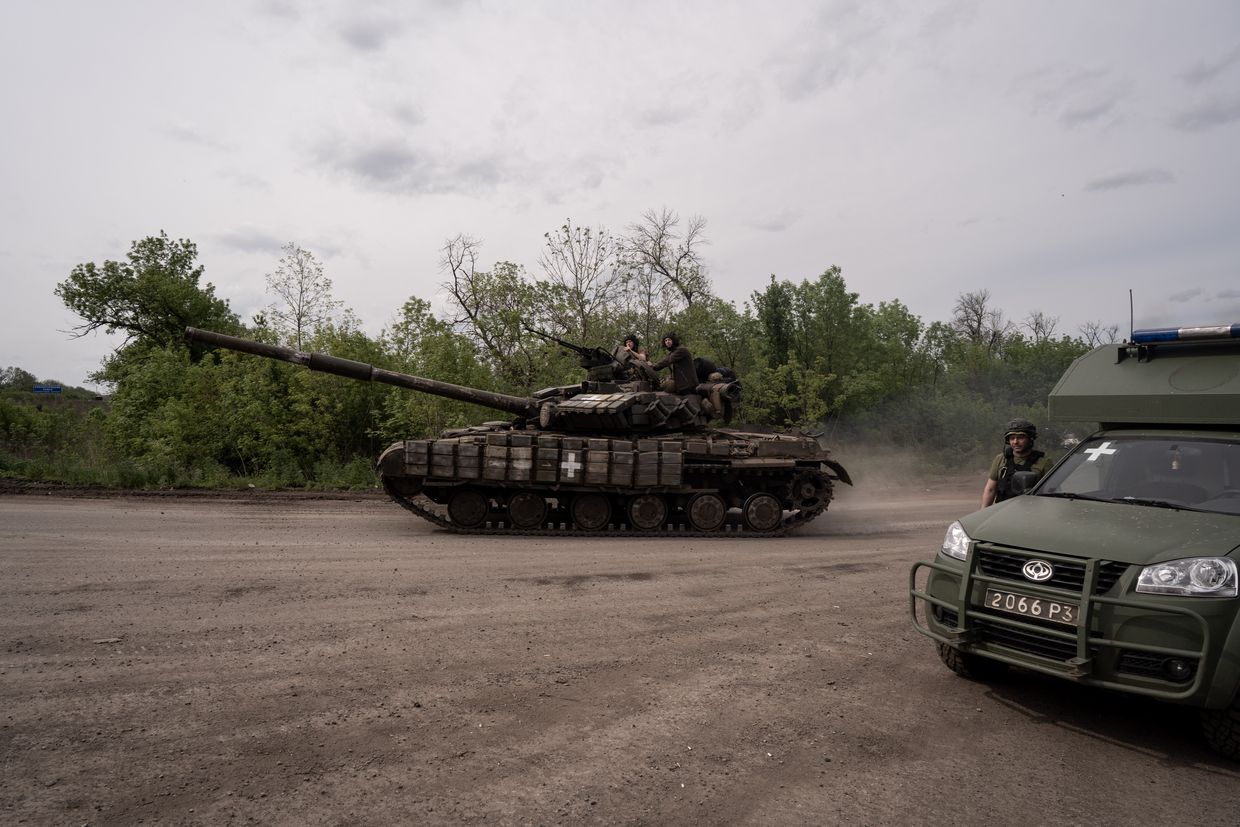British Intelligence: Mobilization ahead of March 2024 Russian presidential election 'highly unlikely'

The chances of a new round of mobilization in Russia before the upcoming presidential election in March 2024 are low, the British Ministry of Defense wrote on Oct. 10.
Such a move would likely be unpopular, and although elections in Russia are tightly controlled, they are still "a core tool of political legitimization."
Previous rounds of mobilization caused hundreds of thousands of Russians, perhaps more than a million, to flee the country to avoid being drafted. They also sparked protests and other signs of public discontent at home.
The Kremlin aims "to minimize unpopular policy moves" ahead of the election, the Ministry wrote, and another large-scale mobilization would possibly upend attempts to insulate Russians from the impacts of the war.
Instead of officially calling for a new round of mobilization, Russia has so far tried to incentivize voluntary service. There have also been attempts to recruit foreigners and exploit Central Asian migrant workers in Russia by offering fast-track citizenship in exchange for military service.
Although Russian dictator Vladimir Putin has not officially announced he will seek reelection, there has been speculation that he will publicly declare sometime in November.
It is unclear if other candidates will nominally participate, but if Putin decides to run, his victory is all but assured. Freedom House, a nonprofit advocating international democracy, gave Russia a 0/4 score in its 2022 report card on political freedoms in the country.
"Russia has never experienced a democratic transfer of power between rival groups," described Freedom House. Any meaningful opposition is prevented from having a fair chance at winning elections, creating "an authoritarian political system (that) is concentrated in the hands of President Vladimir Putin."












